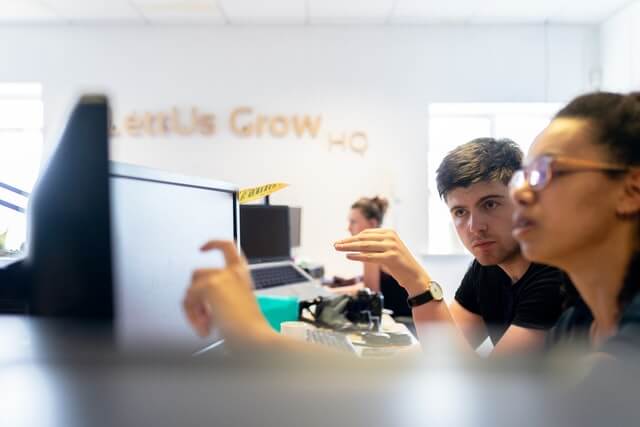Technology is part of every important sector today. It improves processes and offers greater speed and innovation.
This tool is now also rapidly used in the education sector. Following the ongoing COVID-19 pandemic outbreak, the role of technology in this sector grew even wider.
As a result, it’s common to see a large number of classes and sessions being held virtually through digital spaces like Zoom and Skype.
Greater use of technology has also led to more advanced services like Spectrum cable company. With this, people today have wider access to content that can also aid in education.
But technology in education has both advantages and disadvantages. Read on to discover what this looks like.
Easier Access to Resources
As a result of technology, it’s easier for students and teachers to access important resources.
In fact, the internet has made this process so easy that it can take just a few minutes. Previously, students and teachers in academic professions would spend hours at the library sifting through significant amounts of material.
In addition to this, compiling resources was also a time and effort-intensive process. However, with technology like the internet, everything is available online. In fact, you can even find information in digital spaces like online libraries. Here, you can download e-books completely free of cost.
While you may be required to pay for some resources and materials, these still cost significantly less than their physical counterparts. Moreover, several libraries and universities have published academic journals and articles online.
Because they are public knowledge, it’s easier to get the most out of them for educational research.

Greater Flexibility
Technology in the education sector means greater flexibility for everyone involved. With apps like Zoom and Teams, online classes have been made possible. Thus, students can gain an education from the comfort of their homes.
Sich technological tools also mean that you won’t have to go through the additional cost of fuel and other expenses that come with traditional forms of education.
Online classes have made it possible for greater flexibility and mobility. As a result, you don’t have to be in a single place to reap the benefits of an education.
In addition to this, there is also financial flexibility. You can even choose to get an education completely through online tools and platforms. Some of these are free of cost so you even have the option to learn skills without paying anything for them.
Technology has made the emergence of a large number of online learning platforms possible. These contribute greatly to flexibility in the education sector.
Major Source of Distraction
While innovation and technology have a wide range of advantages, they can also lead to distraction. Social media platforms such as Facebook, Twitter, Tik Tok, Instagram, and Snapchat have millions of users today.
These applications contain content that constantly evolves and updates itself. As a result, it’s easy to get distracted by the millions of pictures, videos, and blogs posted every day.
Apart from this, technology has also made it easier for streaming platforms like Netflix, Amazon Prime, and Hulu to gain momentum.

Their services are relatively reasonably priced and they contain a wide range of content. This consists of movies, TV shows, documentaries, and dramas of all genres.
Therefore, users have a lot of options and can easily spend hours on such apps. While all these platforms and applications are great sources of both entertainment and information, they can act as a major source of distraction for both students and teachers.
In fact, it can directly affect their work and results. Furthermore, social media sites have been linked to smaller concentration spans. For people in the education sector, this can be especially harmful.
Significant Reduction in Social Skills
When you go to school or college, there’s a good chance that you will interact with a large number of other students and teachers. This increases your social skills and allows you to make connections and friends.

However, in a world where most classes are shifting online, social skills are becoming poorer. This means that technology may limit the socializing process. This is harmful to a person’s personal and professional growth.
The Bottom Line
Technology has led to great development and progress in the education sector. However, it has both pros and cons. It allows students access to greater resources and flexibility. However, it can also serve as a major source of distraction.
Technology in education also has chances of a reduction in social skills for both students and teachers.

